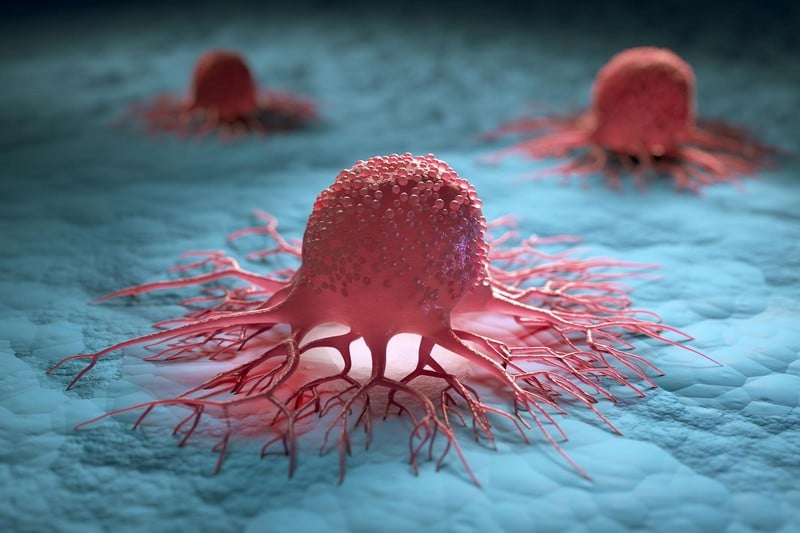Protection Against Cancer

Some recent preliminary trials and animal studies have shown that intermittent fasting may decrease the growth rates or risk of developing cancer. The research indicates that it may be because of its effects in lowering blood glucose production, triggering stem cells for immune system regeneration, balancing nutritional intake, and increasing tumor-kill cell generation. For example, one time-restricted dietary study during nine to twelve-hour phases shows the regression of diabetes and obesity in mice, two risk factors for cancer.
Another study involving mice showed a bimonthly fasting diet to reduce cancer incidences. It was similar to the outcome of a trial where nineteen human participants had shown a decrease in risk factors and biomarkers for cancer. Research conducted in 2016 also supports theories of its ability to protect against cancer. In the study, both chemotherapy and fasting were able to slow down skin and breast cancer progression.
While intermittent fasting has shown promising results against cancer, further studies are needed. Experts believe that more randomized, high-quality trials are required for more definitive results. In addition, those currently undergoing cancer treatment should speak with their healthcare providers before they make considerable changes to their diets.










